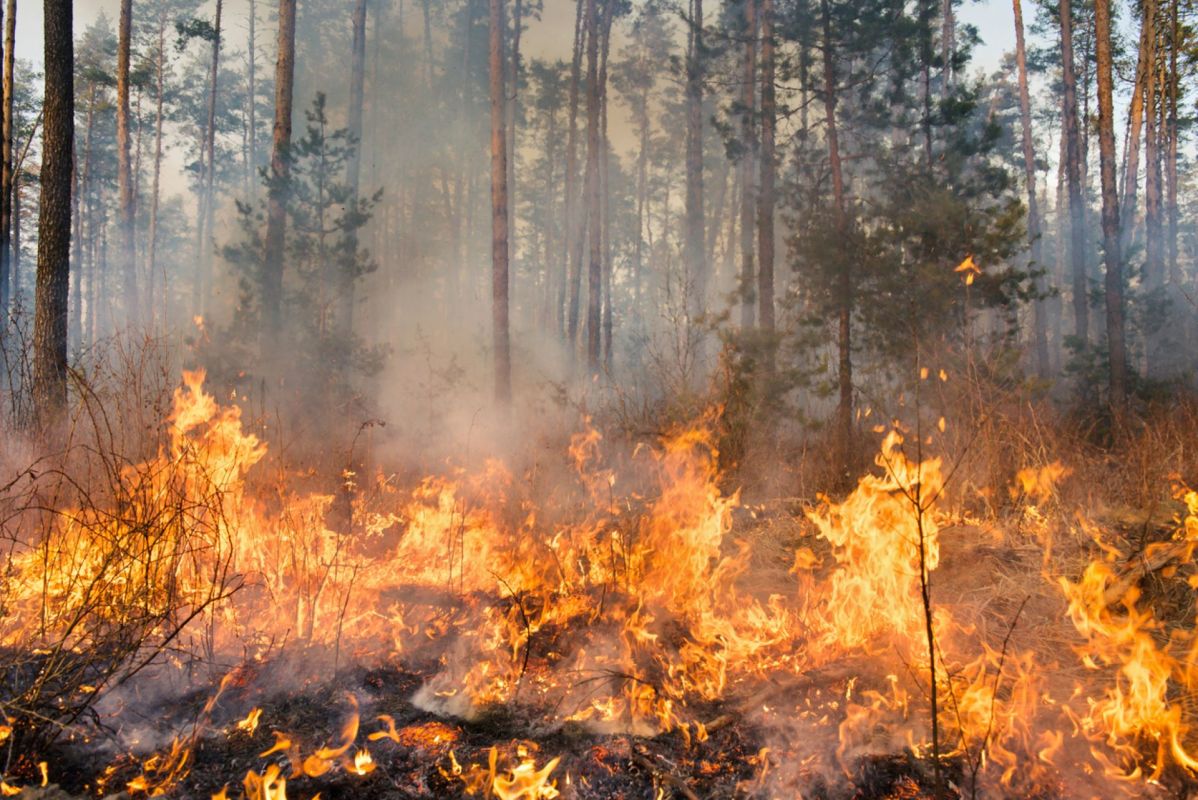Spreading like wildfire can be a good thing, but this is nearly never the case when it comes to actual wildfire, something Virginians are facing as you read this.
What happened?
Virginia Gov. Glenn Youngkin recently declared a state of emergency as two wildfires broke containment lines earlier in November amid dry conditions and high winds, the Guardian reported, and the fires have continued spreading, with a Newsweek report covering recent updates with a map.
Newsweek summarized the latest state of the blaze, taking place across the Matts Creek national forest: "So far, it has not threatened any homes or businesses," Newsweek reported. "As of Thursday afternoon, the fire was 2 percent contained, according to the most recent update from the U.S. Forest Service."
As firefighters responded to the original Quaker Run fire in Madison County and the Tuggles Gap fire in Patrick County, "officials said additional resources [were] required to contain these fires and respond to additional fires," per a press release. Youngkin's declaration of a state of emergency allows the mobilization of additional resources, staff, and equipment.
"This executive order will ensure that the Commonwealth has additional resources and is using every tool at its disposal to keep Virginians safe," Youngkin said in a press release. "Thank you to our first responders who are doing everything they can to help contain these wildfires in the Commonwealth during this year's fall fire season."
Why is this concerning?
These fires were made possible and worsened by dry conditions and high winds, which are especially favorable to spreading blazes and part of the growing list of effects of the Earth's rapid overheating because of human activities.
A recent study revealed that wildfires have grown more frequent and severe over the last 50 years as global temperatures rise. This means that if we don't stop the rapid overheating of our planet, more fires will threaten our health and safety, and more states of emergency will have to be declared.
Aside from the loss of homes and other structures and the risks to human health caused by wildfires burning in and near cities, the loss of forests is also detrimental to the environment, as they work as major carbon sinks and are key to slowing rising temperatures.
What can be done to protect yourself and others?
To prevent wildfires from becoming an even bigger problem, we can all work to slow our planet's overheating.
We can avoid single-use plastics, replace old appliances with new energy-efficient models, and limit our burning of methane gas by taking public transportation, riding a bike, or upgrading to an electric vehicle.
Join our free newsletter for cool news and cool tips that make it easy to help yourself while helping the planet.









